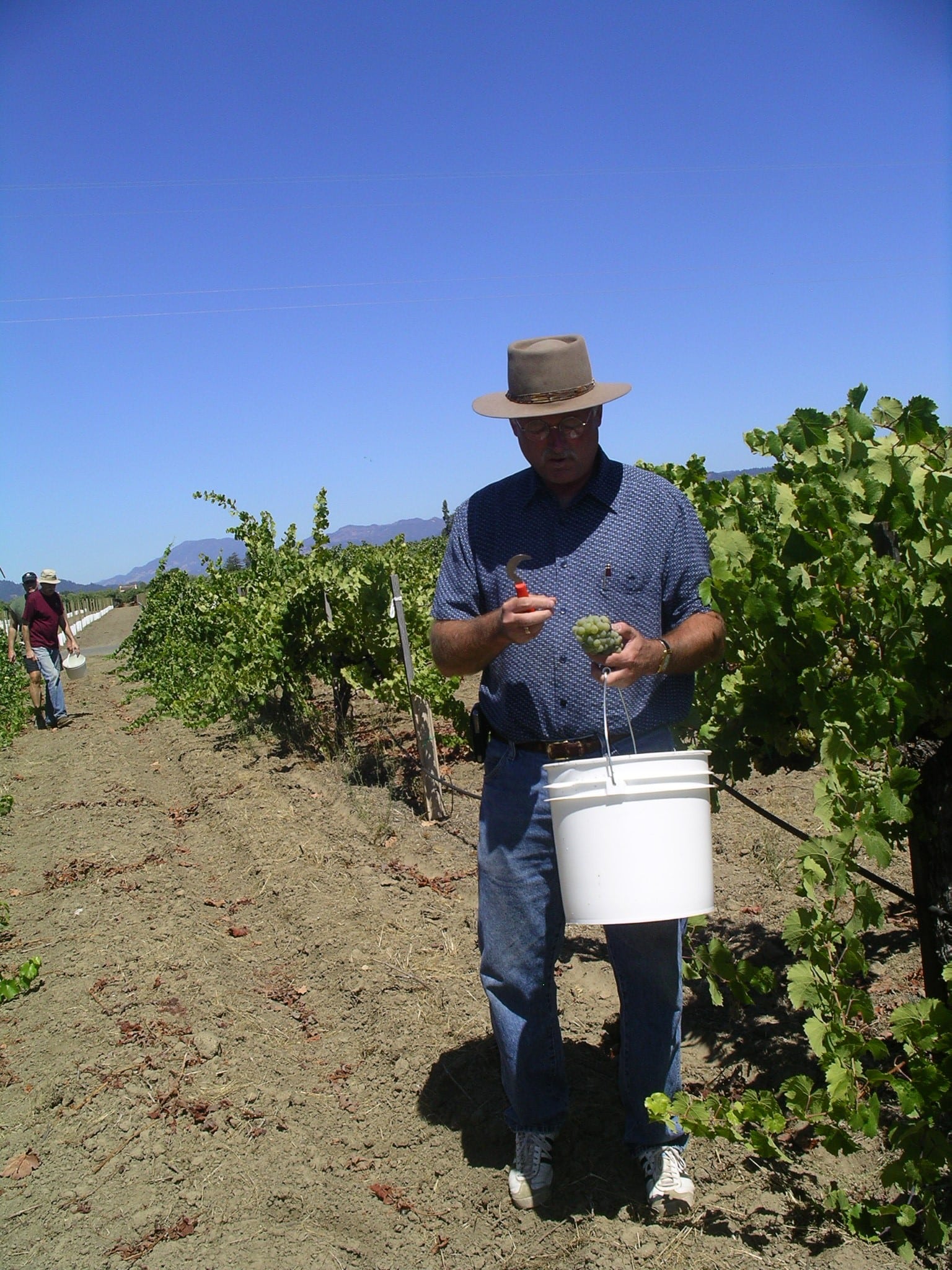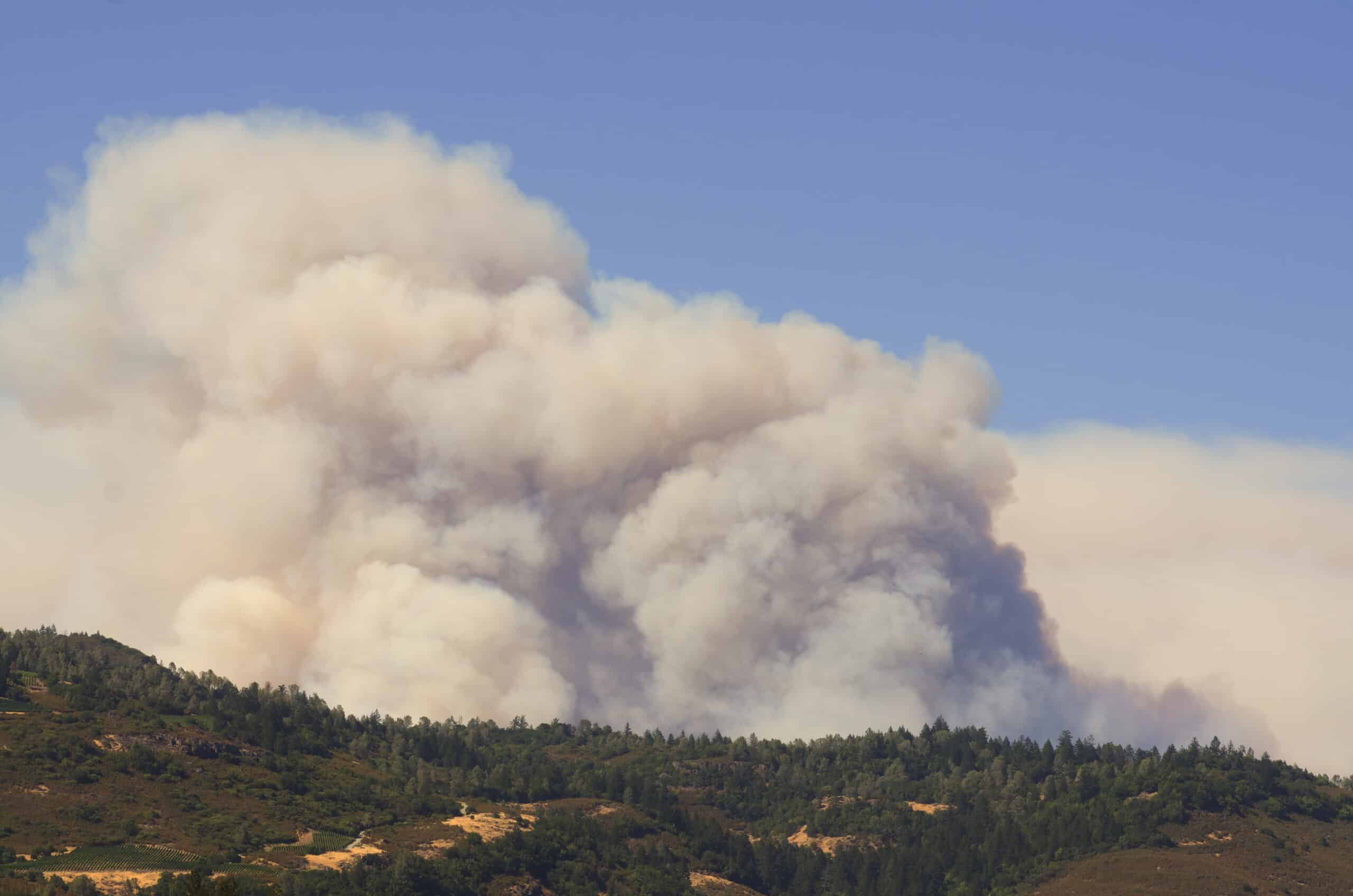Like all agriculture, growing wine grapes is subject to the whims of Mother Nature. Most growers and winemakers are used to it—as much as you can get used to something that threatens your livelihood. Wet years might provide a larger yield; more tons per acre, but the wine can literally be watered down from too much rain. Dry years, conversely, often produce the deep color and intense flavors that make for a notable vintage…but, the yield is smaller.
Most winemakers, whether they own vineyards or not, follow the weather and other variables pretty closely. They want to know what’s happening in the vineyard long before the grapes get to the crush pad. At Scott Harvey Wines, Scott, Jana, and newly promoted Winemaker, Molly Haycock all spend a lot of time in the vineyards talking to the growers, sampling grapes and planning for the harvest. 
The weather at harvest time matters, too. If it’s too cold, the grapes may not develop the sugar content or other desirable components. Too hot and the grapes can get a little raisiny. Rain at the wrong time can cause fungus and other problems. These are the “usual” risk factors that make the wine business both fascinating and a little crazy-making at times. The weather, the temperature, the yield, are the typical risks involved in growing grapes and making wine.
Recently, another risk factor has been a cause for worry in the wine industry. Wildfires have always occurred in California, but lately, we have seen larger, more devastating fires that have destroyed lives, homes, and property. Recent fires in Napa, Sonoma, and Mendocino wine country also destroyed vineyards and wineries. The smoke was so heavy that many vineyards not directly threatened by the flames suffered “smoke taint” and the grapes were ruined.

To really understand smoke taint I think you need a degree in chemistry, but simply put, heavy or prolonged smoke in the vineyard at the wrong time can permeate the grape skins. You can’t wash it off and it isn’t always apparent. Grapes that taste fine in the field and test OK in the lab might still produce an off-flavor during fermentation that ruins the wine.
Amador County suffered through some smoky days last summer and fall, but Scott Harvey Wines has been fortunate so far. Our wine, like most of the wine produced in Amador County, has not suffered from smoke taint. The 2020 Amador vintages should be just fine.
So now, as they do every year, growers and winemakers are keeping an eye on the weather. 2021 is already noted for being a dry year. Hopefully, the vines will produce the rich, intense fruit that makes for a notable vintage. And hopefully, the yield, though it may be somewhat smaller, will still be good. And also, hopefully, despite the lack of rain and snow, the 2021 fire year will not be as intense as it has been in recent years.
There are already too many other things to worry about.
